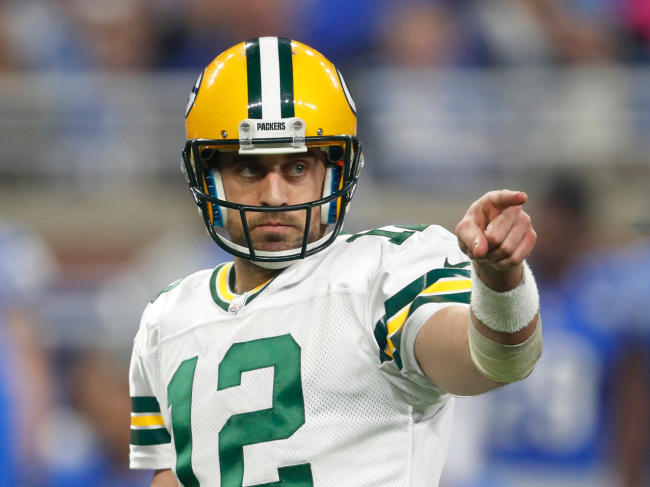
By Nancy Armour |
We should all fail as well as the NFL.
Each of the league’s 32 teams got a check for $255 million last year, their portion of a national revenue sharing pool that topped $8 billion, according to the Green Bay Packers’ annual financial report. That’s up almost 5 percent from the previous year, due largely to increases in the TV contracts, and is on top of whatever teams generate from local revenues like luxury boxes, concessions and independent endorsement deals.
In other words, the contention by President Donald Trump and his supporters that the NFL is self-destructing because of player protests during the national anthem truly is “fake news.”
That’s not to say there aren’t warning signs for the NFL. Concerns about head trauma remain, and there’s no telling what impact that will have on the game’s future. Ratings are declining as Americans decide they can do without behemoth TV subscription packages, a trend that’s not likely to reverse itself. At the same time, rising ticket prices have made games inaccessible to some fans, and advances in technology have made the in-home – or on-device – viewing experience comparable to being in the stands.
Despite all that, the NFL remains the easiest bet a billionaire and his friends can make.
Consider that David Tepper paid $2.2 billion to purchase the Carolina Panthers in a deal that closed earlier this month. That’s an absurd amount of money, more than the gross domestic product of some countries. Small and developing countries, but countries nonetheless.
Tepper is a smart business man, having founded one of the world’s top-performing hedge funds. He’s already seen as an upgrade over previous owner Jerry Richardson, and it’s highly unlikely he won’t make changes that will add a few more millions to the Panthers’ local revenue stream.
But say he doesn’t. Say Tepper is content to put the team on autopilot and continue doing what it’s been doing. Tepper could, theoretically, recoup his investment within 20 years. Even sooner if a couple more franchises go on the market.
Using the Packers as a guide – since the NFL dropped its non-profit status, the league’s only publicly owned team’s annual report is as close a look as we get at the league’s finances – the Panthers could cover personnel expenses with money made from local revenues. The salary cap last year was $167 million. The Packers reported making $199 million in local revenue — and that was in a down year because Aaron Rodgers missed most of the season with a broken collarbone and Green Bay missed the playoffs for the first time in nine years.
The salaries of coaches, support staff and front-office personnel would likely eat up the rest of the locally generated revenue, and there will be additional expenses for travel and day-to-day operations. The Packers reported total revenues of $454.9 million and a net income in 2017 of $38.6 million — though that reflects the ongoing renovations at Lambeau Field.
Forbes estimated last year that the Panthers had operating income of $102 million. If they don’t make any stadium renovations, don’t build a new training facility and hold off on any other major capital expenditures, Tepper can expect to bank at least $100 million each year he owns the team.
Try finding a stock or another investment with that kind of return.
There are fans who have been turned off by concerns about head trauma or the NFL’s dismissive treatment of women. And yes, there are some so incensed by the players’ method of protest that they will never hear the message.
But to say the NFL is in trouble ignores reality. Or at least the ability to read a financial report.
This article was republished with permission from the original author and 2015 Ronald Reagan Media Award recipient, Nancy Armour, and the original publisher, USA Today. Follow columnist Nancy Armour on Twitter @nrarmour.